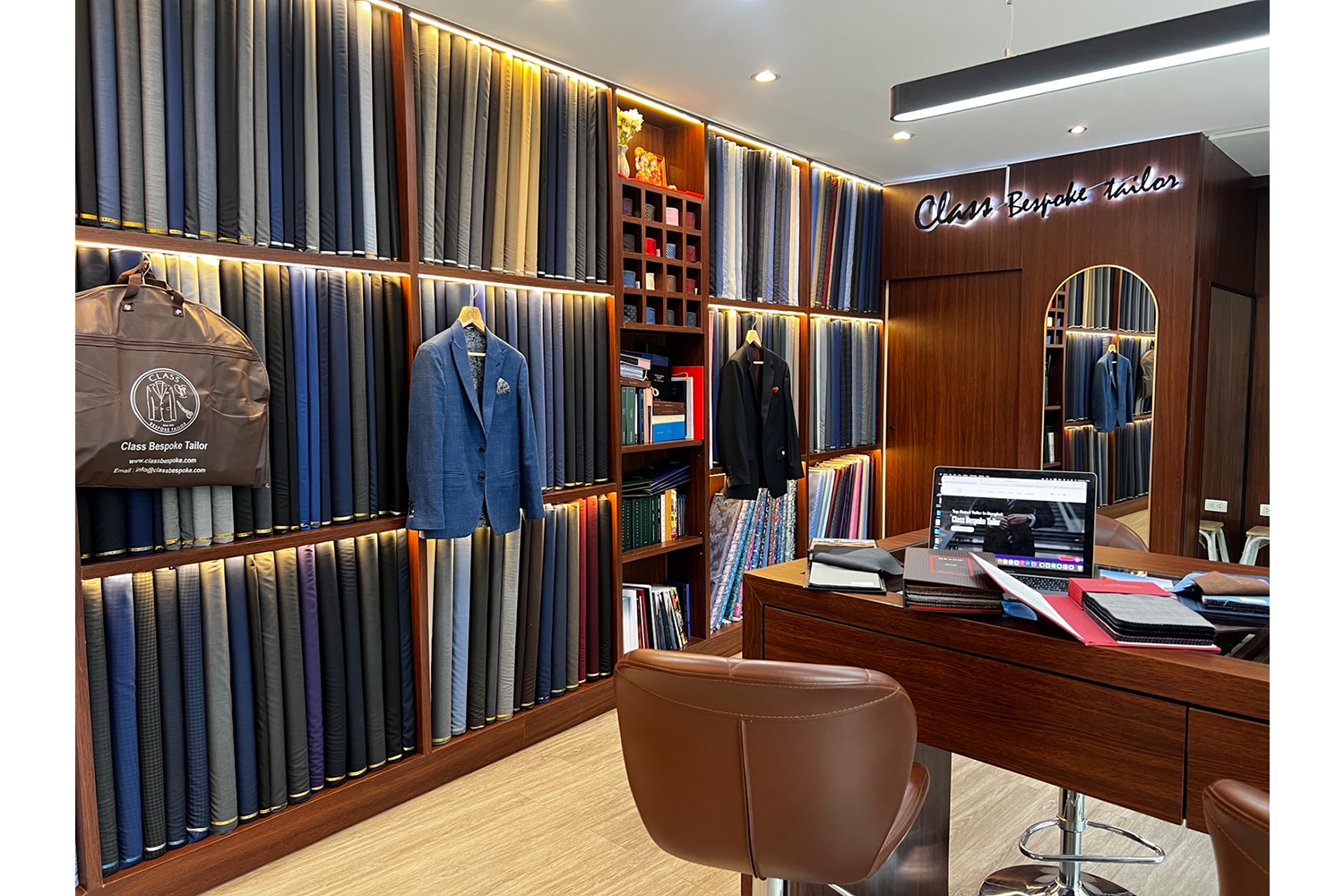
Moles or birthmarks can appear anywhere on the body, including under the nails. While most moles are harmless, some may indicate serious skin cancers such as melanoma—the deadliest form of skin cancer, responsible for 75% of all skin cancer-related deaths. Melanoma is more prevalent in men and fair-skinned populations, particularly Caucasians. Although rare in Thais, melanoma develops from abnormalities in pigment-producing cells (melanocytes), often caused by excessive UV exposure. Early detection and treatment significantly enhance survival rates, with a 99% chance of recovery if diagnosed at an early stage.
According to the Skin Cancer Foundation, skin cancer is the most common cancer globally and in the United States, where one in five individuals is at risk of developing the disease by the age of 70. Every hour, more than two people in the US die from skin cancer. Severe sunburns—five or more—double the risk of melanoma. However, early detection can lead to a five-year survival rate of up to 99%, highlighting the critical importance of timely screening and prevention.
The Importance of Annual Skin Cancer Screenings
Annual skin cancer screenings are essential for early detection and prevention. Regular examinations allow doctors to monitor changes in the skin, such as the appearance of new moles or alterations in existing ones, which may signal abnormalities. This is particularly vital for identifying aggressive cancers like melanoma. Routine checks enable doctors to catch potential skin cancer signs early, improving the chances of effective treatment.
Samitivej Sukhumvit and FotoFinder AI: Advancing Skin Cancer Diagnostics
Samitivej Sukhumvit Hospital became the first in Thailand to integrate FotoFinder AI technology for skin cancer screening in 2014. This state-of-the-art system significantly improves diagnostic accuracy, enabling the early detection of skin cancers. FotoFinder AI tracks long-term changes in moles, allowing for faster and more precise diagnoses.
Dr Saroj Suvanasuthi, M.D., Ph.D., ABHRS, a dermatologist at Samitivej Sukhumvit Hospital and recipient of the “World Cup of Dermoscopy 2018” award in Greece, has highlighted the global rise in skin cancer cases. He emphasised that early detection is critical, particularly for melanoma, the most aggressive form of skin cancer. Early diagnosis can achieve a 99% survival rate. Dr Saroj also stressed the importance of regular self-care and screenings in managing skin cancer risks.
Types of Skin Cancer
Skin cancer is categorised into two main types:
- Non-melanoma Skin Cancer: This includes Basal Cell Carcinoma (BCC), which grows slowly and rarely spreads, and Squamous Cell Carcinoma (SCC), which can spread if left untreated.
- Melanoma: The most severe type, originating in pigment-producing cells (melanocytes). Risk factors include prolonged sun exposure, genetics, chronic skin wounds, or changes in mole size, shape, or colour.
Recognising Abnormal Moles
Dr Saroj Suvanasuthi explains that moles form from clusters of melanocytes and can change in size, colour, or shape. Abnormal signs include rapid growth, asymmetry, colour changes, or a diameter exceeding 6 mm. Dark or brown streaks on nails may also indicate melanoma. He advises consulting a dermatologist promptly if such changes occur. Melanoma, though rare in Thais, is common among men and fair-skinned individuals. Those with over 100 moles are seven times more likely to develop skin cancer.
Diagnosis and the Role of FotoFinder AI
Skin cancer diagnosis typically involves a biopsy of suspicious moles. Advanced tools like dermoscopy and mole mapping, combined with FotoFinder AI, significantly enhance precision. FotoFinder captures high-resolution full-body images annually, allowing doctors to detect subtle mole changes over time.
“FotoFinder AI integrates high-resolution imaging with AI algorithms to identify early signs of skin cancer often missed by traditional methods, improving diagnostic speed and accuracy,” said Dr Saroj. “The system compares annual full-body images with previous data, effectively monitoring mole shape and size changes.”
Dr Patcharahatai Kraisak emphasises the importance of early detection, stating that annual skin examinations, or biannual screenings for high-risk individuals, significantly increase treatment efficacy.
Recommendations for High-Risk Groups
Those at higher risk of developing skin cancer include individuals with fair or sun-sensitive skin, numerous moles, large congenital moles, or a family history of skin cancer. High-risk individuals should have biannual screenings, while the general population is advised to undergo annual skin checks.
Treatment Options
“The choice of treatment depends on the type of cancer,” explained Dr Patcharahatai. “Surgical removal is highly effective, with a cure rate of 90–99% and a low recurrence rate. For patients unable to undergo surgery, options such as electrosurgery, cryotherapy, topical immunotherapy, or laser treatment are available.”
Benefits for International Patients
Dr Saroj highlighted Thailand’s reputation as a leading medical destination. FotoFinder AI offers particular value for international patients from regions with high skin cancer rates, such as Europe, North America, and Australia.
“At Samitivej Sukhumvit Hospital, we provide comprehensive diagnostic services with FotoFinder technology, multilingual consultations, and internationally standardised medical documentation for follow-up care,” said Dr Patcharahatai.
“No one should die from skin cancer because it is a disease that can be detected externally,” stressed Dr Saroj. He advised protecting against UV exposure by using high-SPF sunscreen, wearing protective clothing and sunglasses, and performing regular self-examinations. Early detection remains the best defence.
A Future in Advanced Skin Cancer Care
Samitivej Sukhumvit’s integration of FotoFinder AI reflects its commitment to becoming a leading dermatology centre in Asia. “Our goal is to combine cutting-edge technology with medical expertise to deliver exceptional patient care,” said Dr Saroj.
With FotoFinder AI, Samitivej Sukhumvit is setting new standards in dermatology care, making it the premier choice for skin cancer screening in Thailand.







